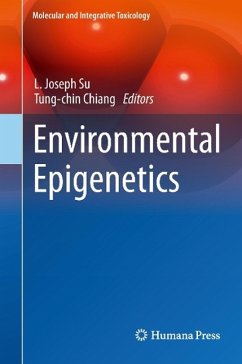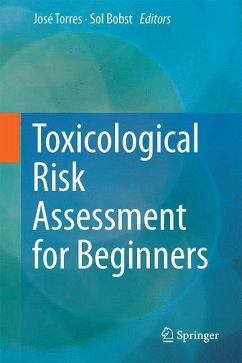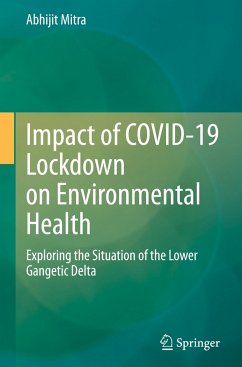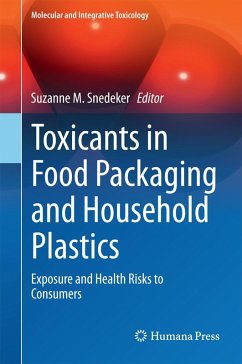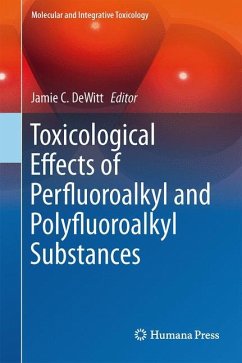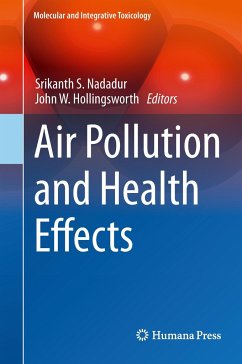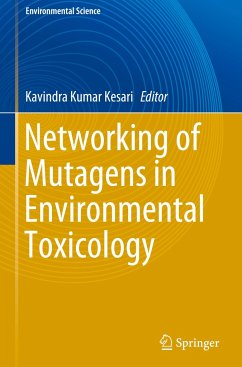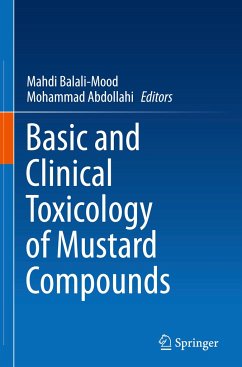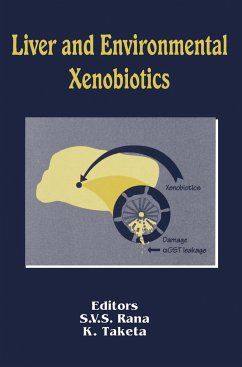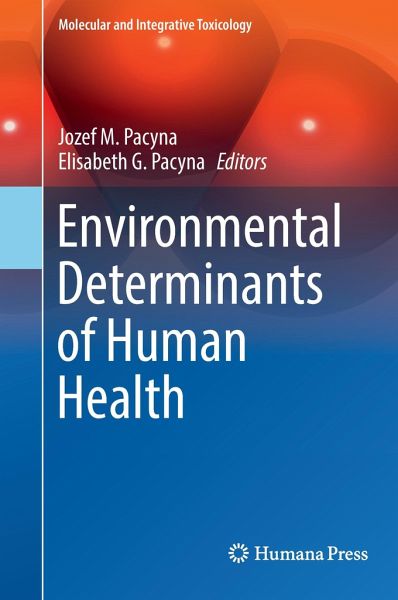
Environmental Determinants of Human Health

PAYBACK Punkte
57 °P sammeln!
Polluted air and contaminated food and water are major causes of human health deterioration, but public health policy has long struggled to effectively address these concerns. This timely book--written for a wide audience of policy makers, researchers, and general readers--synthesizes what we already know about environmental hazards, identifies the gaps in our knowledge, and provides a roadmap for reducing human exposure to environmental pollution.With contributions from leading experts, Environmental Determinants of Human Health examines numerous pollutants, both inorganic and organic, in the...
Polluted air and contaminated food and water are major causes of human health deterioration, but public health policy has long struggled to effectively address these concerns. This timely book--written for a wide audience of policy makers, researchers, and general readers--synthesizes what we already know about environmental hazards, identifies the gaps in our knowledge, and provides a roadmap for reducing human exposure to environmental pollution.
With contributions from leading experts, Environmental Determinants of Human Health examines numerous pollutants, both inorganic and organic, in the context of their human health impacts. Individual chapters explore exposure pathways, macroeconomic impacts of human health deterioration, technological and non-technological methods for reducing exposures, monetary and non-monetary benefits from exposure reduction, and risk communication and awareness, including citizen participation approaches.
This volume is acrucial text for policy makers requiring scientific justification for the development of new environmental regulations, scientists researching public health and environmental contamination, and members of the public interested in human health issues.
With contributions from leading experts, Environmental Determinants of Human Health examines numerous pollutants, both inorganic and organic, in the context of their human health impacts. Individual chapters explore exposure pathways, macroeconomic impacts of human health deterioration, technological and non-technological methods for reducing exposures, monetary and non-monetary benefits from exposure reduction, and risk communication and awareness, including citizen participation approaches.
This volume is acrucial text for policy makers requiring scientific justification for the development of new environmental regulations, scientists researching public health and environmental contamination, and members of the public interested in human health issues.





